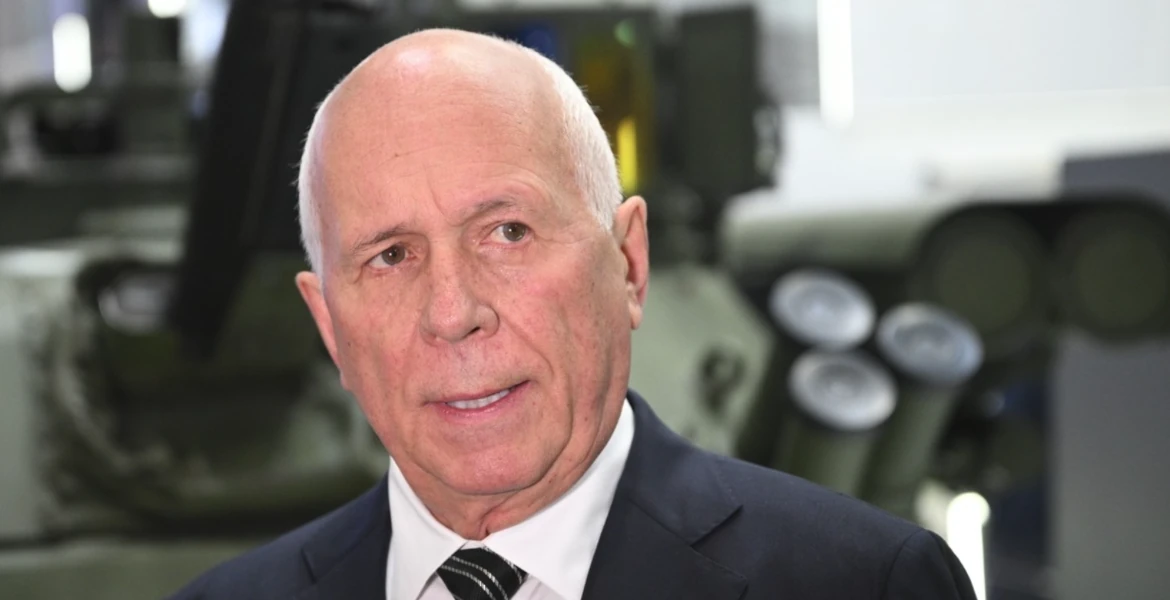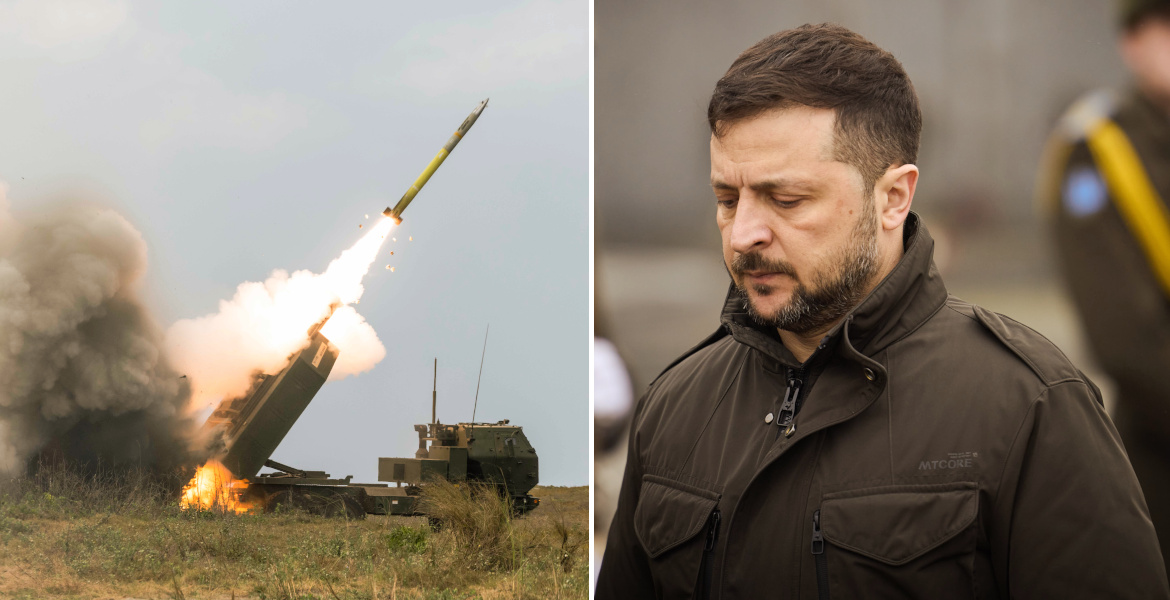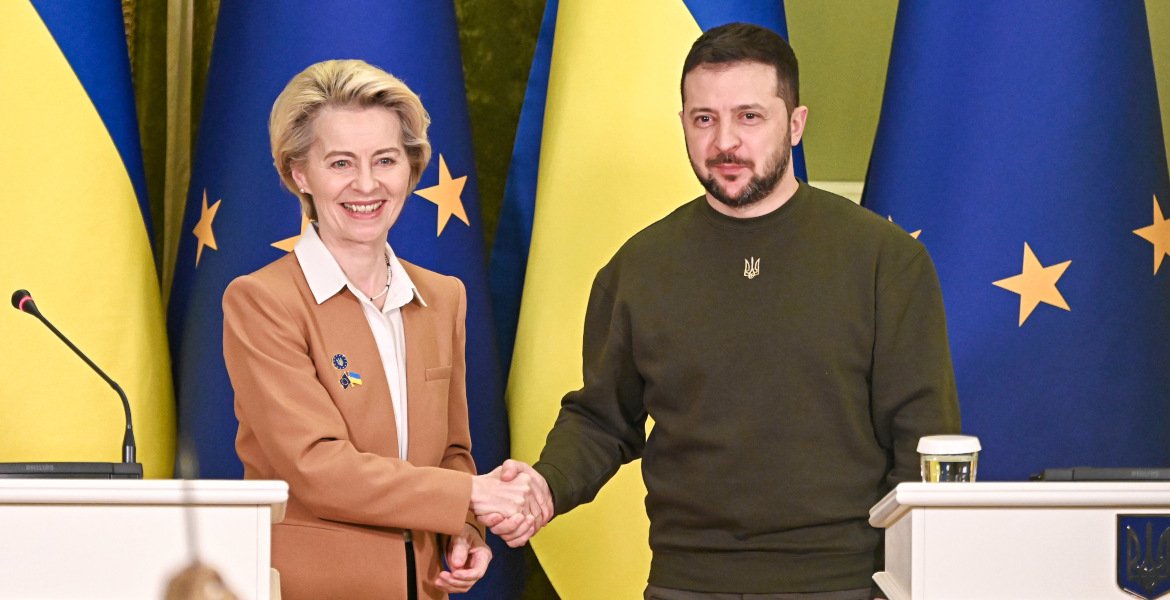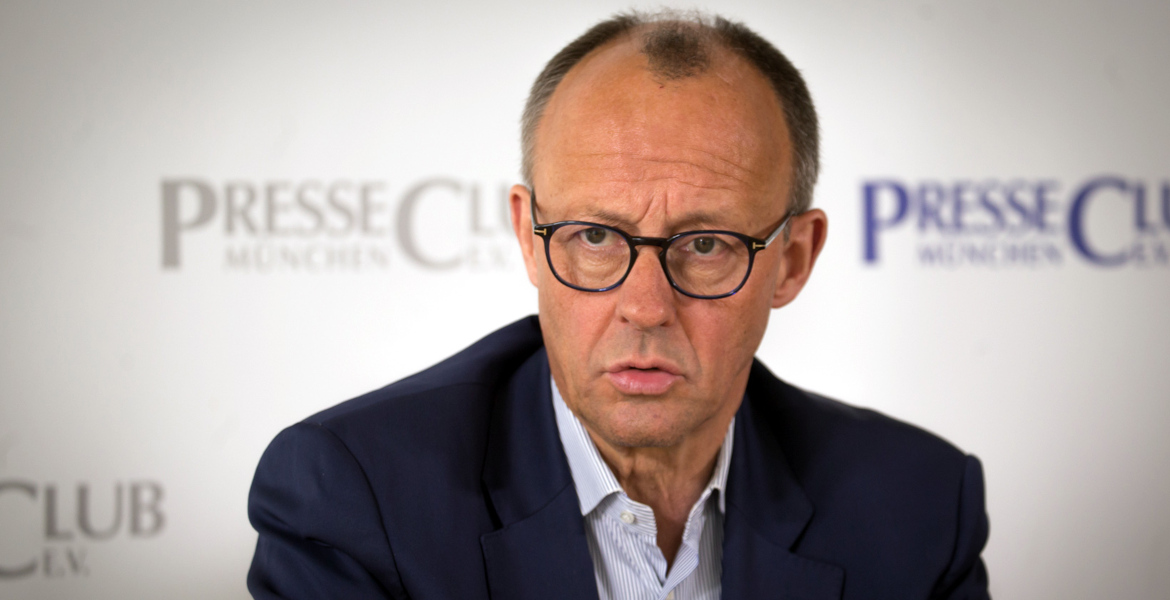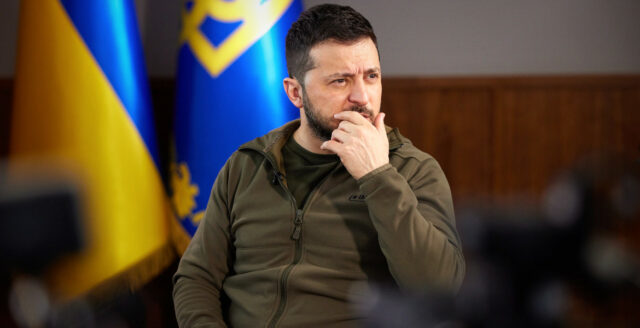Ukraine's leader, Volodymyr Zelensky, says he is ready to sit at the negotiating table and talk to Russian President Vladimir Putin if that is the only way to bring peace to Ukraine.
However, Zelensky is careful to emphasize that he still considers Putin "an enemy" and "murderer" – but that the most important thing now is to end the war quickly.
In a lengthy interview with British journalist Piers Morgan, published this week, the Ukrainian president confirmed that he has abandoned his previous position of not giving up any territory to Russia and that the focus is now on ending the war.
– Today, we cannot reclaim all our territories. We are reasonable people. We cannot sacrifice millions of our people for an outcome that is uncertain.
He also states that he is ready to negotiate with Russia and Putin – something previously dismissed as unthinkable.
– If this is the only configuration in which we can bring peace to the citizens of Ukraine and not lose more lives, then, of course, we will proceed with a meeting involving these four parties (Ukraine, Russia, the US and Europe).
– Frankly, what difference does it make how I personally feel about him? (Putin) I still won’t regard him in a positive light. To be honest, I consider him an enemy. And, truthfully, I believe he sees me as an enemy as well. That’s all.
Demanding security guarantees
Zelensky claims Putin is "a murderer and a terrorist" but says he is ready to sit down at the negotiating table if his allies demand it.
– Talking to Putin at all – one conversation with this murderer – is already a compromise. Isn’t that true? I am convinced that engaging with him is already a compromise for the entire civilized world. Beyond that, everyone must stay strong, support Ukraine, strengthen Ukraine, and not betray Ukraine, he pleads.
Ukraine's leaders point out that Donald Trump wants to see results and hopes that the active phase of the war can soon be over – but also emphasize that they want strong security guarantees to avoid a flare-up.
– Should we not think about our grandchildren? If the Russians decide to come back in 10 or 20 years, is that not a risk?
"NATO provides guarantees"
The solution, according to the President, is for Ukraine to be granted NATO membership very quickly– but that is not enough. Ukraine, with the help of its allies, must also build "the largest professional army in Europe".
– NATO provides guarantees. It makes another Russian invasion highly unlikely. NATO is also a guarantee for NATO members themselves – Ukraine will strengthen the alliance with hundreds of thousands of highly trained troops, making NATO even stronger. That matters for everyone. And NATO is even a guarantee for Russians: it ensures that Ukraine, over time, will not wage war against them but will resolve all issues diplomatically.

In practice, however, Ukraine's membership of the US-led military pact is considered highly unlikely by many analysts – and in such a scenario, according to Zelensky, "a million-strong army – at a minimum" is needed. However, such an effort is seen as very costly.
"Give us nuclear weapons"
If Ukraine's NATO membership remains a distant dream that is unlikely to materialize in the next few years, Zelensky suggests another solution – that Ukraine's allies share their nuclear weapons with Kiev.
– What will protect us from this evil? All this time, or along this entire path, what support package will it be? What missiles? Will we get our nuclear weapons back? Let us get our nuclear weapons back, he demands.
When the Soviet Union fell, Ukraine inherited some 1,700 nuclear warheads, which however remained under Moscow's operational control and which were also handed over to Russia in 1994 in exchange for security guarantees. It is these nuclear weapons that Zelensky now wants back and describes as "his".
– Give us nuclear weapons back, give us strong missile systems, partners, help us fund a million-man army, and deploy your contingent to those parts of our country where we want the maximum stability, the president repeats.
Handing over Soviet nuclear weapons was a fatal mistake, says Zelensky. Photo: George Chernilevsky
"Deserves a just peace"
If Ukraine had not handed over Soviet nuclear weapons in the 1990s, Putin would never have dared to attack, according to Zelenskyj, who believes that this decision effectively left Ukraine completely unprotected – without receiving anything of value in return.
– Those were our security guarantees. Undoubtedly, it was because of them that he invaded. They should have been exchanged, and if we were to give up nuclear weapons, that could have been discussed. There was certainly such a policy in the world. But for what? It should have been exchanged for NATO, it should have been exchanged for NATO weapons. We didn’t even start receiving NATO weapons, honestly, until after the full-scale invasion.
The interview ends with Zelensky stressing that the focus now must be on not just ending the war – but ensuring it does not resume again.
– I believe it would be incredibly difficult for us to withstand another war if it were to return. That’s why I always emphasize the importance of security guarantees – guarantees strong enough to ensure that this man (Putin) never comes back. I simply don’t want the Ukrainian people to have to face another challenge like this.
– We deserve a just peace. And today, the timeline for these agreements, the strength of these agreements depend on President Trump. And they depend on us, on our dialogue, and on the pressure placed on Putin. I believe the sooner we do this, the happier people will be – everywhere.


